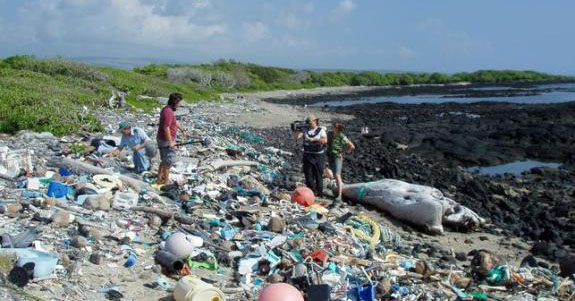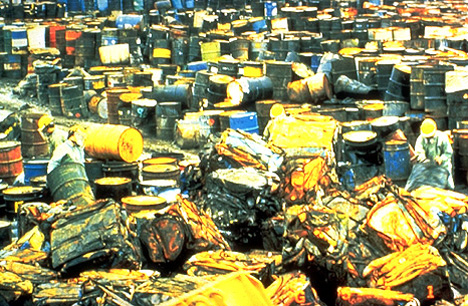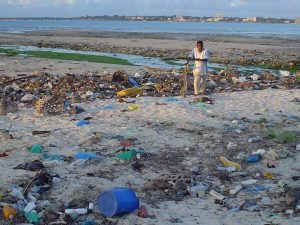
People are much better at producing waste than we are at disposing of it. This is increasingly true at the industrial level. Two recent news stories cast light on the growing problem of unchecked waste disposal and the industries and policies tied up in it.
ALMOST UNANIMOUS

The first relates to an international ban against dumping mining waste into the sea recently voted on by 53 countries. A conservation summit was held in Hawaii, the International Union for Conservation of Nature congress. There Iran, the Czech Republic, and the Philippines spearheaded the proposal to shut down existing sites for marine disposal and stop the opening of new ones.
Fifty-one of the involved countries voted in favor of the ban, but Norway and Turkey voted against. It will pass anyway, but it’s not legally binding. The ban is really only an agreement among the present parties, reliant on good faith. But even so, what harm can just two countries do? A lot, actually.
NORWEGIAN MINE TAILINGS

Members of its Department of Climate and Environment and its Environment Agency represented Norway at the IUCN. It cast the country’s votes. The Scandinavian country is a significant environmental offender.
Citizens of Norway know of the problem, but are powerless to do much about it. Silje Lundberg, who heads Friends of the Earth Norway, said: “Not only do we stand for half of all mining waste deposits in the sea already, we are planning new ones.”
UNTOUCHABLE COMPANIES

Meanwhile in Hillcrest, South Africa, the company EnviroServ is currently threatening an activist. It claims she’s orchestrating a campaign to discredit it. EnviroServ has been fined three times for effluent disposal. EnviroServ singled the woman out from hundreds of individuals who filed complaints with EnviroServ for the influence of one of their landfills on its surrounding environment.
The Hillcrest area banded together to oppose the contaminated water being pumped from the Shongweni landfill out to sea. EnviroServ admitted to being responsible for “malodours”. However, they denied responsibility for the health issues and animal deaths reported by locals.
EFFORT WITHOUT OUTLET
In both of these instances, groups are disposing of waste in the ocean. This means completely losing control of where the waste ends up. More than that, they share a common thread in demonstrating how hard it is to prevent businesses from taking actions harmful to the environment, even when those responsible are outnumbered and opposed by public opinion. The legal structures of the world as they exist now are not equipped to keep things safe and clean.
Waste disposal companies in the UK such as Map Waste need to abide by regulations in terms of how they dispose of waste. This is covered by government legistation as well as environmental laws enforced by the Environment Agency.
